Corie Adjmi is the author of Life and Other Shortcomings, which will publish on August 4.
Corie Adjmi grew up in New Orleans. She started writing in her late thirties, and her award-winning fiction and personal essays have since appeared in over two dozen publications, including North American Review, Indiana Review, South Dakota Review, and, more recently, HuffPost and Man Repeller. In 2019, Life and Other Shortcomings was a finalist for the G. S. Sharat Chandra Prize for short fiction from BkMk Press.
Here’s the synopsis for Life and Other Shortcomings:
Life and Other Shortcomings is a collection of linked short stories that takes the reader from New Orleans to New York City to Madrid, and from 1970 to the present day. The women in these twelve stories make a number of different choices: some work, others don’t; some stay married, some get divorced; others never marry at all. Through each character’s intimate journey, specific truths are revealed about what it means to be a woman—in relationship with another person, in a particular culture and era—and how these conditions ultimately affect her relationship with herself. The stories as a whole depict patriarchy, showing what still might be, but certainly what was, for some women in this country before the #MeToo movement. Both a cautionary tale and a captivating window into women’s lives, Life and Other Shortcomings is required reading for anyone interested in an honest, incisive, and compelling portrayal of the female experience.
Let’s get to know Corie Adjimi as she talks inspiration behind the book, writing short stories, what’s on her to be read (TBR) list and much more!
What are some of your favorite novels?
Who Will Run the Frog Hospital by Loorie Moore, Cat’s Eye by Margaret Atwood, A Visit from the Goon Squad by Jennifer Egan, Olive Kitteridge by Elizabeth Strout and Election by Tom Perrotta are some favorites. These novels stand out because they deeply inspired me for a decade as I began writing and finding my own voice.
When did you know you wanted to become an author?
It sort of crept up on me. I didn’t grow up wanting to be a writer. And I didn’t know any authors. Being a writer felt like a dream that was too big for me. But I loved books and stories, my graduate school thesis was on storytelling, and so I took baby steps. I enrolled in a class at Gotham Writers Workshop in NYC, and my teacher told me I should apply to Bread Loaf, a prestigious conference, I’d never heard of. I applied and was accepted. A short story publication soon after led me to write more stories, and after my third acceptance, an agent reached out telling me I had talent, and that I should write a novel. Each one of these experiences guided me to the next, and I found myself hooked to the process of writing. I kept working on my craft, wanting to get better, wanting to tell stories—the messy and the beautiful—like other writers I admired: Jennifer Egan, Elizabeth Strout, Tom Perrotta, Nathan Englander. It took some time, and many more publications, before I started to feel like a writer.
What inspired Life and Other Shortcomings?
Something would happen, sometimes to someone I knew, sometimes in the news, and I’d want to talk about it, analyze it, consider it— over and over. My husband would be at work, my baby napping and my older children were at school. With pen and paper, I discovered I could explore my thoughts and fears. I could invent different beginnings, imagine new endings and my memories became gold as I weaved them into foreign scenarios. All the stories in Life and Other Shortcomings were written individually as stand-alone pieces, but they seemed to speak to one another and linking them felt natural, inevitable as if they were meant to be together the whole time.
What do you like best about writing short stories?
They’re short. It’s just that. You can write a short story faster than you can a novel, and you can read one faster too. But they pack a punch and leave things a bit less tidy than a novel does. That’s what I like best. I’ve written two novels. One is due out in spring 2022 and the other has been accused of reading like a long short story. I took that as a compliment. The stories in Life and Other Shortcomings explore human connections and emotions—love, pain, fear— by dipping in and out of a character’s world in the same succinct and ephemeral way the Amazon television series Modern Love does, and I find sometimes a simple slice of life can feel deeply satisfying.
Was this book inspired by real people?
While certain traits and flaws of people I know are explored in the collection, the characters are developed as one would create a collage, assorted bits and pieces of people’s personalities and behaviors. But mostly, these stories were inspired by some real-life situations and predicaments: a difficult marriage, a first kiss, a sick child, domestic abuse, aging.
What are you currently reading and what’s on your to be read list?
Currently reading: Little Fires Everywhere, Celeste Ng; Sweet and Low, Nick White
To be read: My Dark Vanessa, Kate Elizabeth Russel; Olive Again, Elizabeth Strout; An Unrestored Woman, Shobha Rao.
Click here to order Life and Other Shortcomings on Amazon.
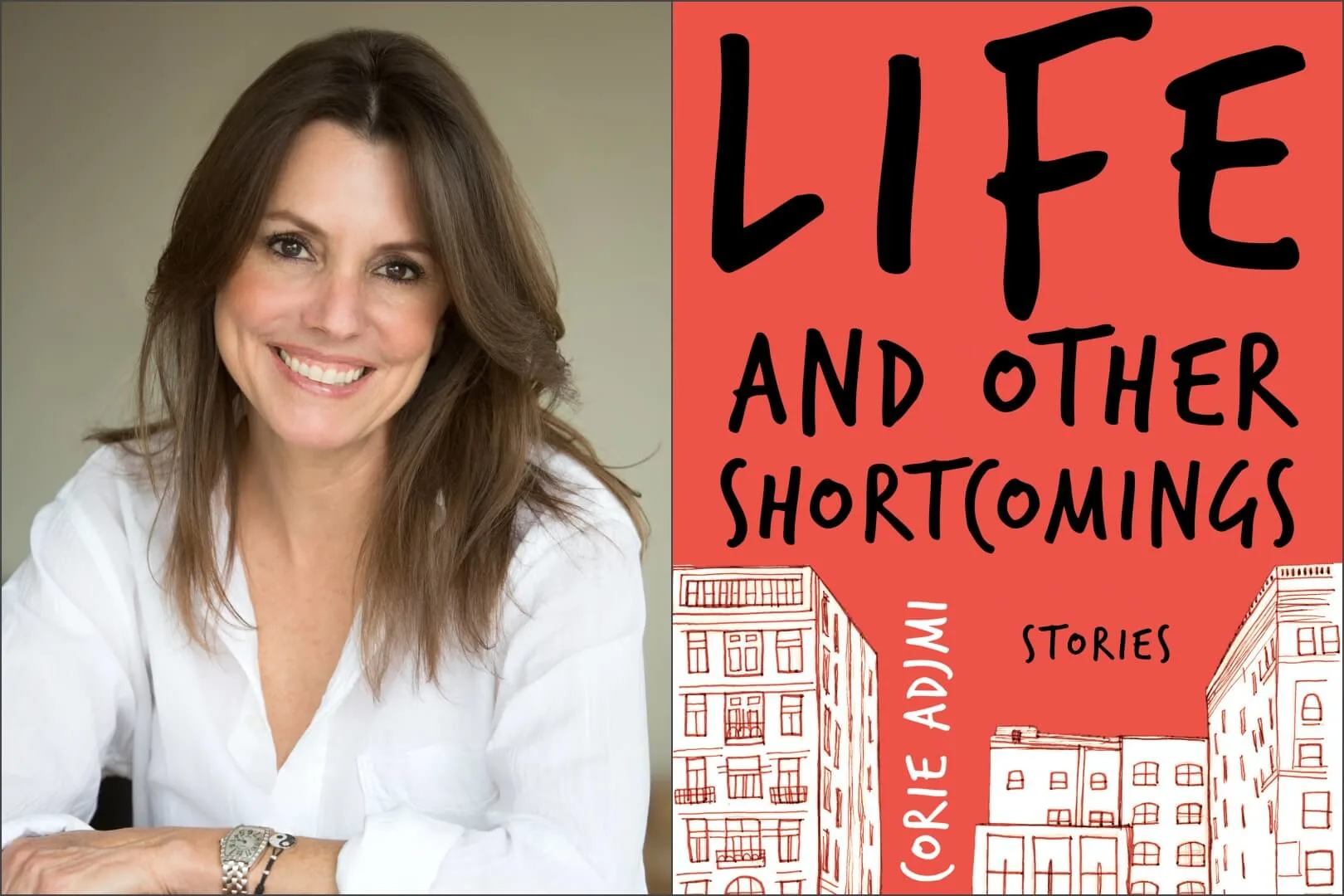
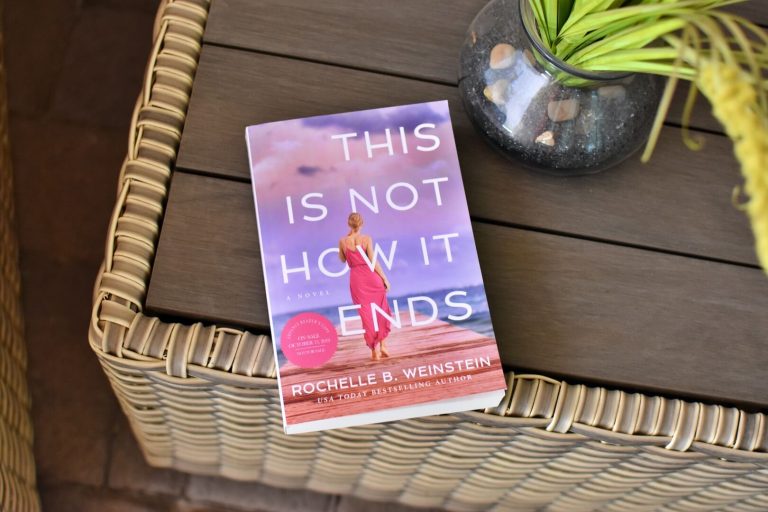
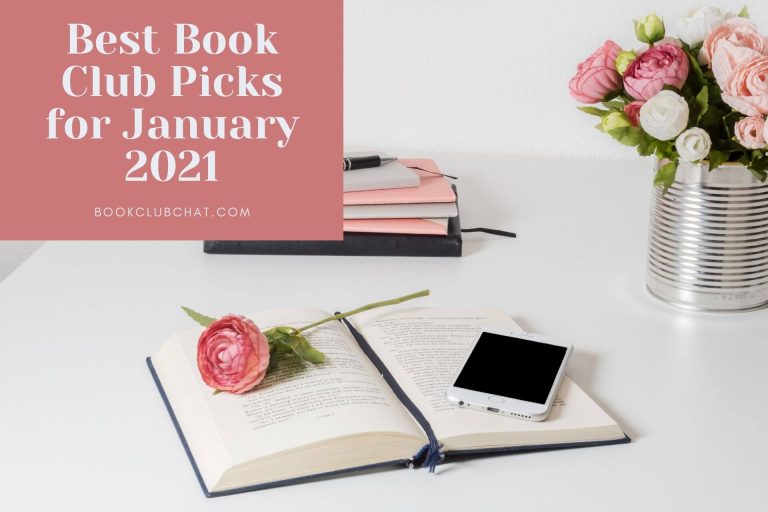
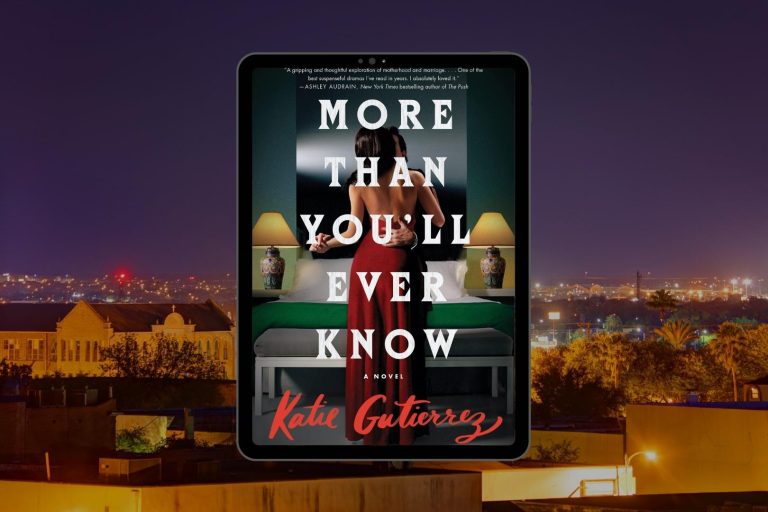
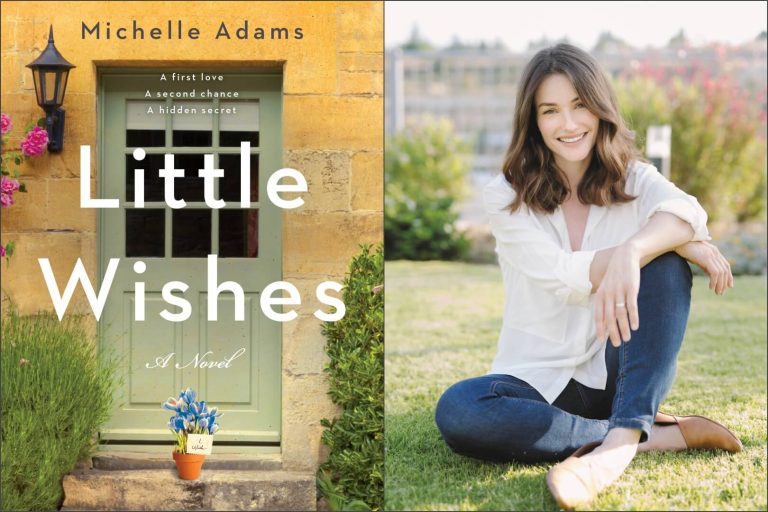
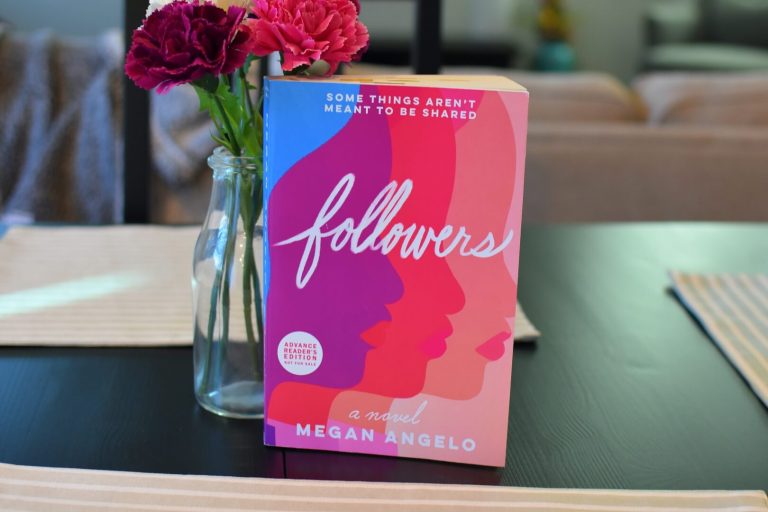
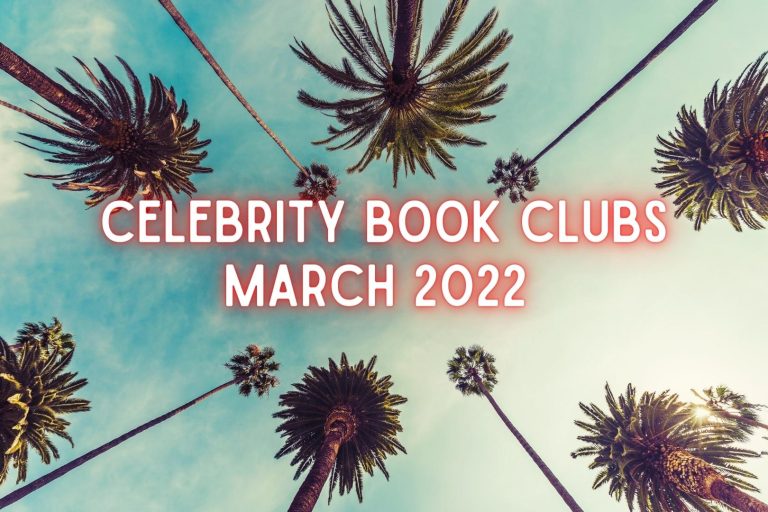
S @ Books & Bark
Tuesday 28th of July 2020
This sounds amazing! Fantastic interview. I love those books that connect different lives and show all the possibilities!
Heather Caliendo
Saturday 1st of August 2020
Thanks for reading the interview! Yes, this book sounds really interesting!